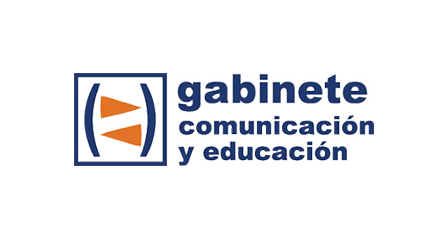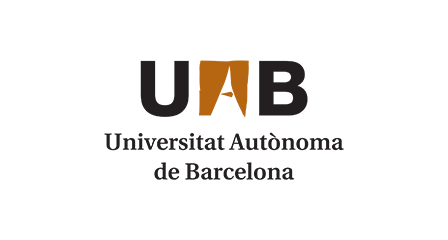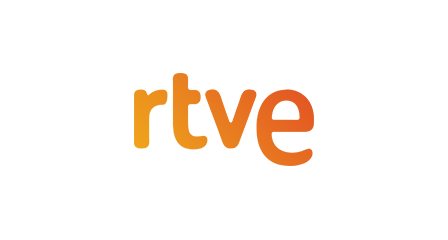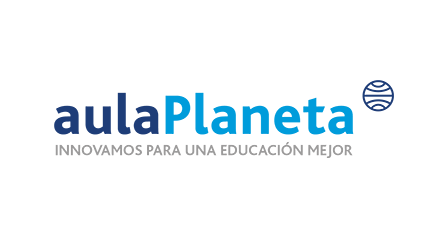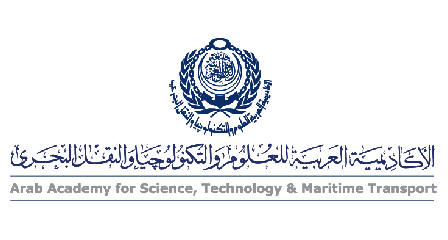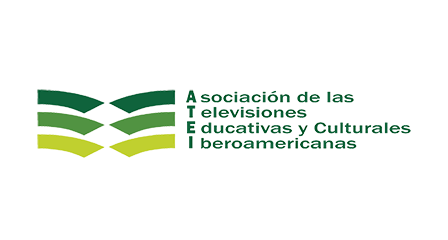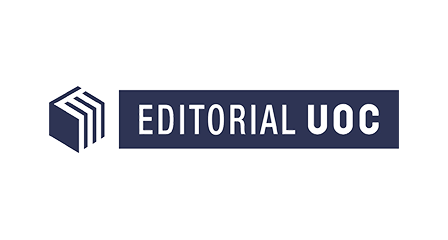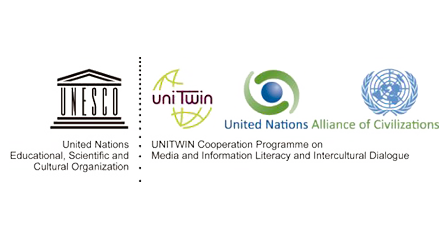Nowadays’ journalism and communication practices are subject to fluctuating and complex production and consumption scenarios. New players are entering the media and information landscape. Mobile technologies, data fluxes, programming skills, etc. are changing the way in which we create and consume information. As empowering as this scenario might be, it also carries risks and challenges. For that reason, the chair aspires to serve capacity building as well as transfer of knowledge in the fields of concern.
Research on MIL and policy engagement leading to impact on good practices in journalism and foster critical and participatory capacities in citizens (empowerment) through wiser consumption/use and production of information and content and accordingly investigate the actual media and information landscape (new trends, uses, challenges, threats/risks, ethics, etc).
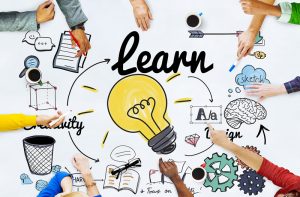
- Postgraduate teaching programme: Master degree in Education and Communication; Master degree in Travel Journalism; Online Master degree in Communication and Education (Spanish); Online Master degree in Communication and Education (English); Online Master degree in Travel Journalism; Online Master degree in Political Communication; MIL MOOC (Spanish and English versions, soon to be launched).
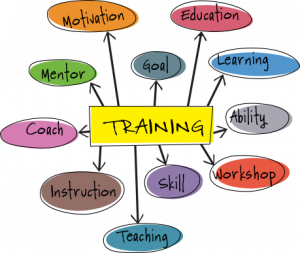
- Short-term training: Summer School (MILID Summer School); Doctoral Summer School (by the Department of Journalism in which the Gabinete participates by presenting all its PhD students´ work, with the majority of research relevant to MIL).

- Research: Specific research to be set by the Chair (on strategic themes related to MIL and quality journalism. This research will be conducted along with the current research being done by Gabinete); Current and future research projects run by the Gabinete (conducting a feasibility study to develop an International MIL Institute and active contribution to research being done by UNESCO-UNAOC MILID Network).
- Visiting professorships: Conferences and workshops (Gabinete currently holds yearly based events on media and information literacy and intercultural dialogue (MILID), travel journalism, News TV, etc., and participates in the annual UNESCO MILID Week, ECREA Conference, MEDEA, etc.); Short-stay visiting professor (1 to 3 month) (These visits include professors from Cairo University, Arab Academy, University of Latvia, Minho University –Portugal, among others).
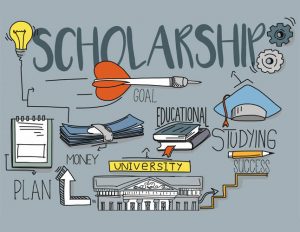
- Scholarships: None at the moment but the Chair will intend to set some possibilities
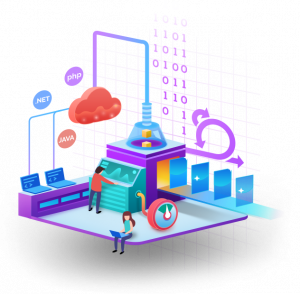
- Institutional development: Oi2 Observatory (UAB-RTVE) (an observatory created through the Chair established between UAB and RTVE –the Spanish TV– to conduct research on innovative practices in journalism/News TV and on media and information literacy); OLCAMI (Latin American and Caribbean Media and Information Literacy Observatory; it is the result of the first Media and Information Literacy Forum held in Mexico in 2014. OLCAMI’s objective is to monitor and document good practices on MIL in Latin America and the Caribbean); EMILO (European Media and Information Literacy Observatory; created as an outcome of the European research project EMEDUS –European Media education Study– which is coordinated by UAB).
The Chair will contribute to develop new knowledge on practices, trainings and trends that could help in drafting and proposing scenarios for the application of techniques, programs, curricula, guidelines, etc. to improve both: citizens’ media competence and the quality of journalism.
In terms of capacity-building, the Chair is conceived as a platform from which subjects shaping current journalism practices would be studied to gain a fuller picture of the potential augmentation of the role of MIL. Examples of significant current trends are big data; data driven journalism; mixed research journalism and mobile and participatory journalism, etc. With new media players posing new challenges, this Chair aims to address the different concerns these challenges bring to the media and social media scenarios besides equipping the concerned parties.
“UNESCO Spanish Chair on MIL for Trusted Media and Quality Journalism” seeks to study the different phenomena currently surrounding MIL in order to enhance trust in media and support quality journalism.
This Chair aims to reinforce the outcomes UAB has accomplished as a result of its active participations within the UNESCO-UNAOC International University Network on Media and Information Literacy and Intercultural Dialogue. Accordingly, research will continue and concentrate on the study and generation of MIL assessment schemes, MIL competence mapping tools, as well as develop projects concerning the relationship between ethics, empowerment, gender equality, participation and journalism.
Through this Chair, UAB seeks to strengthen current partnerships with information providers, such as RTVE (Radiotelevisión Española), Planeta (editing group), UNESCO, UOC publishing, etc. to highlight good practices worldwide aiming to reach broader audiences of journalists, news readers, students and information providers.


